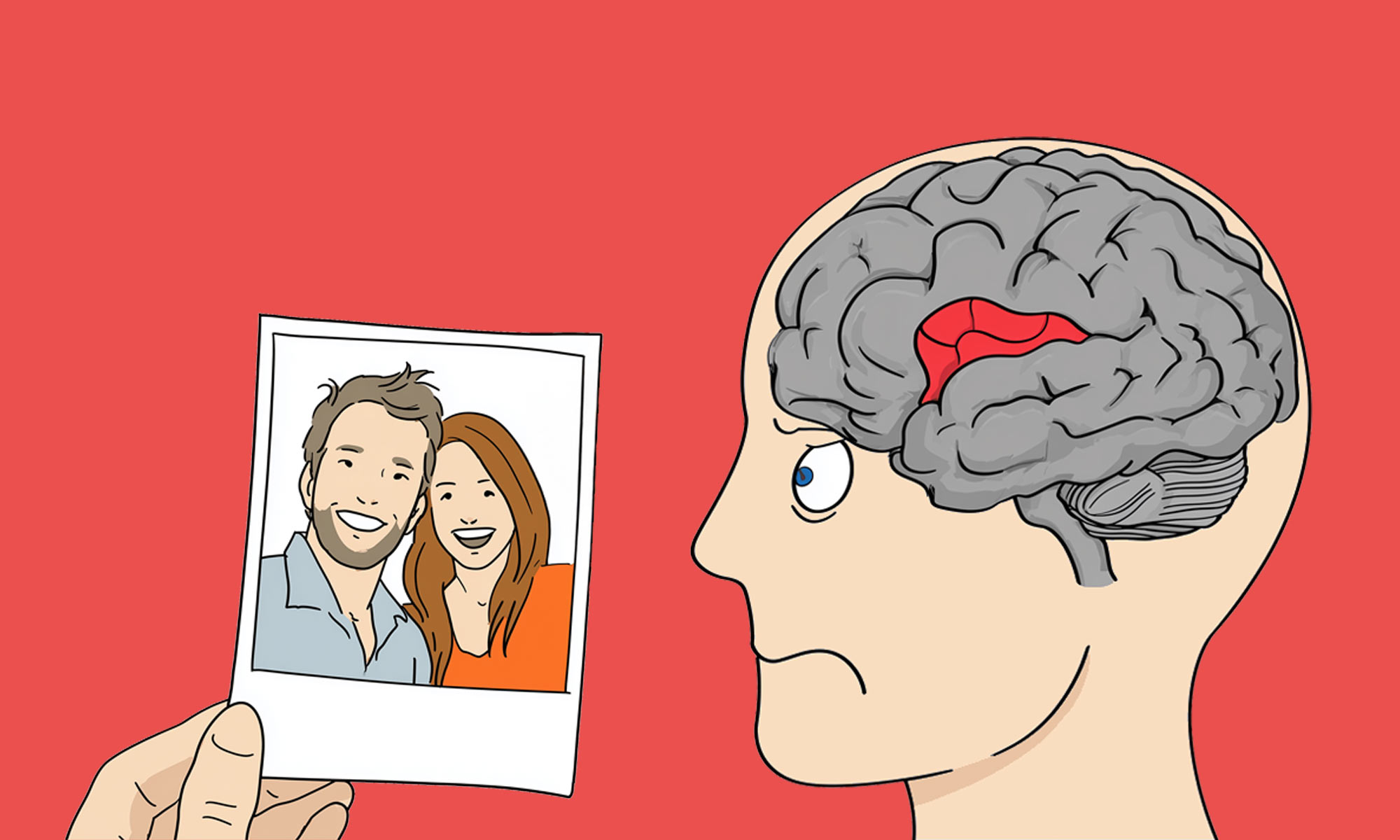Retroactive jealousy isn’t really about jealousy.
Usually, it’s more a case of ‘I feel a bit sick hearing or knowing about my partner’s past’. Or downright disgusted.
A lot of RJ rumination is us trying to get past this feeling of disgust. To resolve it, to get back to just being with the person we love and we’re attracted to.
Disgust is a hard-wired, natural reflex
Disgust is one of our primary emotions. Its job is to distance us from something gross, offensive, dangerous even.
Think of a truly awful experience after eating or drinking. For me, it was Southern Comfort. In my student days, my first encounters with British drinking culture.
You drink too much Southern Comfort and your relationship with it changes quite quickly. That sweet, rich flavour – even the smell, just looking at the bottle – becomes disgusting.
I’m not picking on Southern Comfort by the way. A bad night on whatever and disgust kicks in. Decades later, the thought of drinking Southern Comfort makes me shudder.
And the disgust is automatic. I didn’t choose it. This visceral response is trying to protect me. “That’s bad” it says, “now we know, never again…”
It can happen when we learn more about a person and their past too.
A sudden change of feeling
Terry was dating his girlfriend for four months, and his understanding of her changed – just like that.
“I thought she was quite sweet and innocent” Terry said, “and then she mentioned the casual fun she’d had.”
Boom. She’s the same girl, but Terry’s mental map of who she is suddenly feels way off.
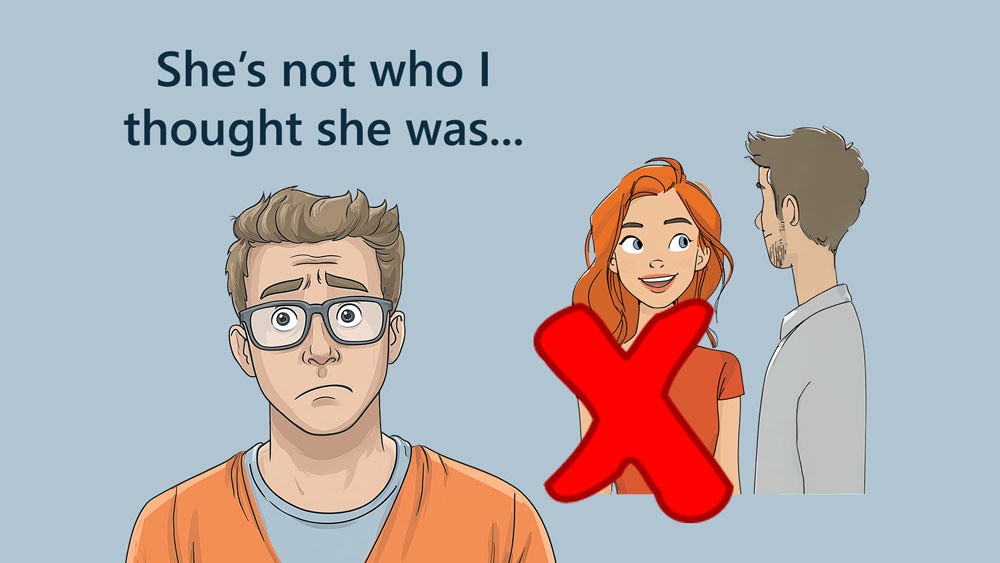
I thought Southern Comfort was sweet and innocent, that night I started ordering doubles in the student union bar.
The disgust response doesn’t need a physical trigger – it can kick in when our mind is blown.
When a partner is caught cheating, for example. Or a celebrity is revealed to have done bad things. We feel viscerally different about them.
Terry’s brain went into overdrive, creating a story of potential threat and triggering his disgust response. His girlfriend had done nothing wrong – no cheating, no abuse of his trust.
What do we do once disgust has kicked in? With Southern Comfort, just stop drinking it – easy.
But with our partners – wives, girlfriends, husbands and boyfriends too – not so easy. We desire them. We’re in love, maybe we have kids and a mortgage together.
Just stop being with them based on this? It doesn’t feel rational.
Then retroactive jealousy takes hold: ruminating and asking and ChatGPTing and trying to get the old feeling back.
We feel guilty too, for feeling disgusted at someone we love. And for saying and doing things in the moment that shame or push our partners away.
Disgust festers over time
It’s not always a sudden shift.
Alice learned about her fiance’s lads holidays right at the start. He mentioned it on their second date, how him and his mates used to go on the rampage in Ibiza.
“I remember thinking at the time…” Alice said, “I’m not sure I want to hear about that, all those girls – but he WAS talking about the past“.
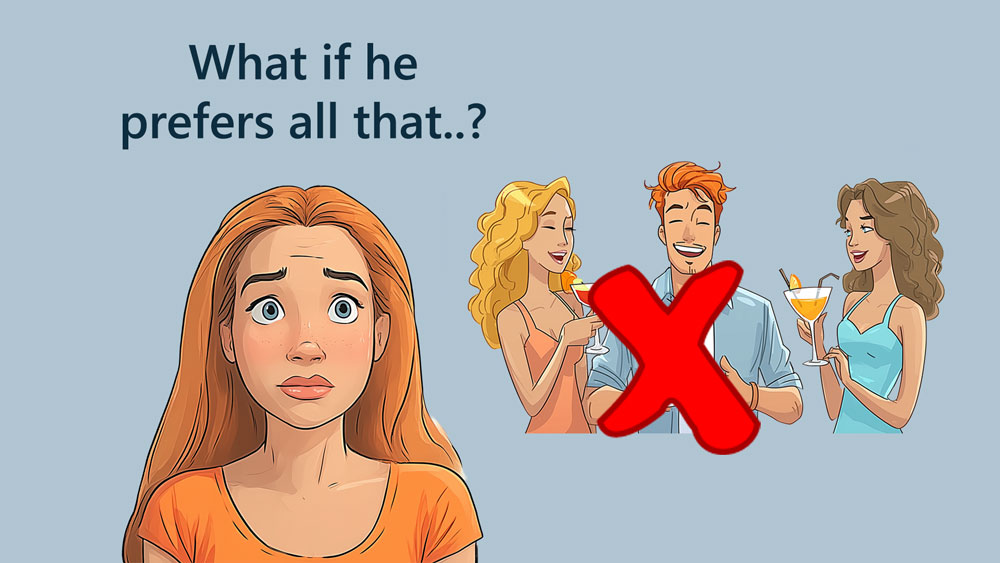
I think I remember when I first tasted Southern Comfort. “I’m not sure about this, but play it cool, come on Jason you can be OK with this…“
Alice’s fiance wasn’t cheating on her. But whenever he mentioned his mates or they watched Love Island, she’d picture his past and make comparisons.
Does he miss those times, were those girls more exciting than me? What’s he doing with me? Am I going to get hurt..? This feels off…
Disgust kicks in to protect her. Alice’s disgust is an involuntary reflex to her thoughts and imaginings.
Can we overcome retroactive jealousy disgust?
How can Terry and Alice get past the disgust, without ditching their partners?
To use my Southern Comfort experience one more time, if I really wanted to drink it again, gradual exposure would be way to go.
Think about Southern Comfort, look at the bottle, hold the bottle, take a sip… retrain my brain that it’s not a threat…
We can take a similar exposure approach to our partner’s past.
In therapy, we might have Terry thinking about his girlfriend’s casual flings. We might have Alice thinking about lads on holiday, or looking at photos or watching videos to deliberately lean in to the disgusted feeling.
And then get used to letting it pass. Without avoiding or distracting or seeking assurance. It’s called ERP – Exposure and Response Prevention.
This is a legitimate approach for treating retroactive jealousy. But exposure therapy is generally more effective for fear-based obsessional doubt. Studies suggest exposure is less effective when disgust is the primary emotion.
There are different parts of the brain at work here: fear is linked to the amygdala (the fight/flight response) whereas disgust involves the insula.
Fear is about immediate danger, right now. Disgust, on the other hand, is about aversion. A feeling of I don’t want this near me, which is less intense but more persistent.
If you struggle with RJ disgust, you’ll know what I mean. The feeling is there a lot of the time, even if its taking a back seat.
Reasons to be disgusted by the past?
A cognitive approach helps us shine a light on the other big factor in retroactive jealousy: our reasoning.
A violent or abusive parent, a partner revealed as a cheater? The threat is obvious. The reasoning is obvious: I could get hurt here.
Temporary poisoning from Southern Comfort, that’s obvious too. I feel awful.
New information about our partner’s past? Not quite so obvious. Some people struggle with this much more than others.
Whether it reaches a critical mass of felt threat and disgust response depends on our own reasoning.
In the therapy room, I’d explore this with Terry and Alice.
Who else in your life turned out to be different to who you thought they were? Did you get hurt (or laughed at, or belittled)? What’s the story you’re preventing happening again?
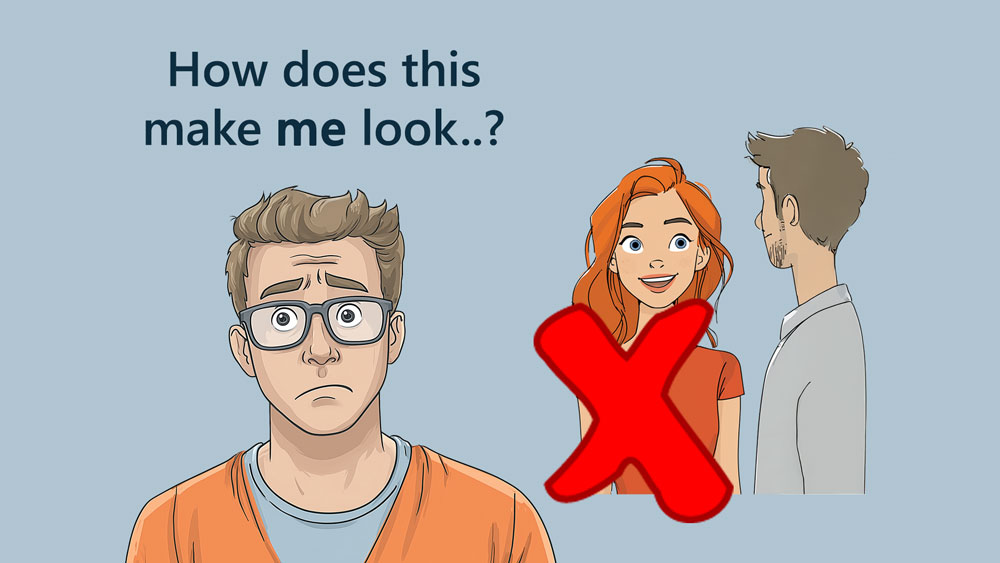
It’s very subjective. What do you believe or doubt about yourself that makes your partner’s past feel so threatening?
If I ask Terry and Alice to connect to the feeling and hand it the mic just for a moment, their reasoning will flow. Maybe their past experience, their beliefs about girls who have casual sex or lads who go on holiday. The comparisons and beliefs about themselves too.
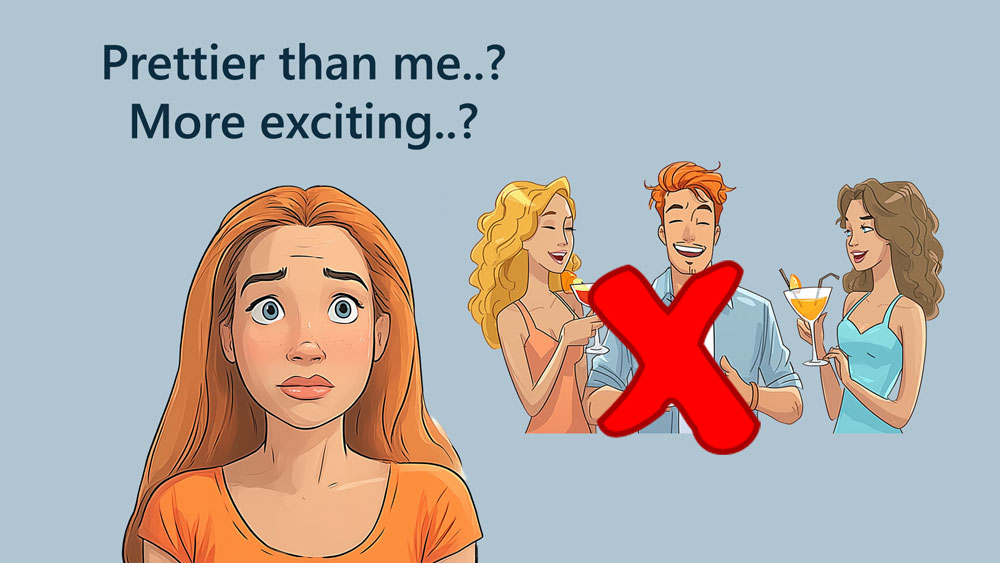
And the hearsay, the Instagram stories, the narratives they’ve picked up along the way.
The reasoning that leads to an emotional, visceral reaction to their partner’s past. AKA disgust.
Retroactive jealousy disgust isn’t random – but our reasoning is off
We think and reason and imagine ourselves into retroactive jealousy disgust, primarily to protect ourselves.
But without evidence of threat or evidence of our own inadequacy, our reasoning is most likely off. It’s a patchwork of facts, experiences, beliefs, hearsay and possibility that fuels obsessional doubt.
It’s flawed reasoning, snowballed into a compelling story.
Understand and absorb that at an emotional level, and our self-protection system gets the message. That’s the key objective of cognitive therapy.
Then we’re in a better place to assess our partner’s past, and maybe assess ourselves too.
Here-and-now reality streams in, our imagination calms down and disgust subsides. Retroactive jealousy falls away – or simply collapses sometimes.
Yes, disgust is more automatic than we realise. And that makes retroactive jealousy feel inescapable.
But by understanding your reasoning – your past experience, traumas, beliefs, influences and the story you’re telling yourself, you can finally change the narrative. And feel significantly better in your relationship.
